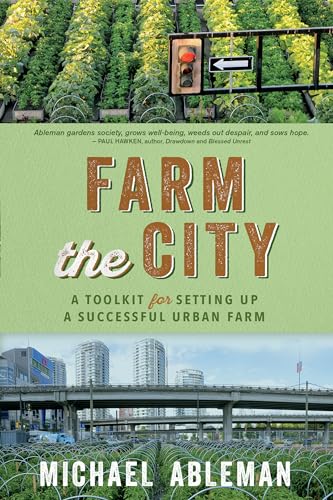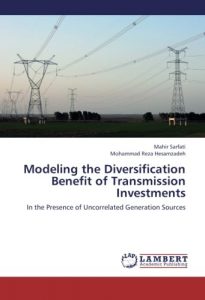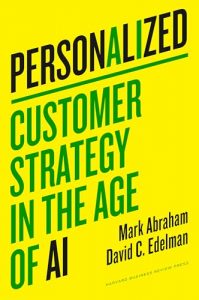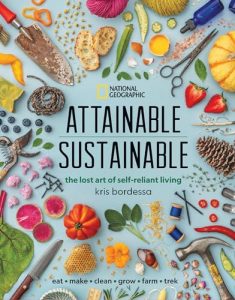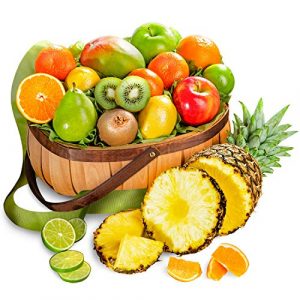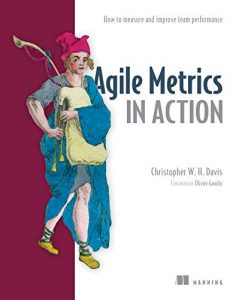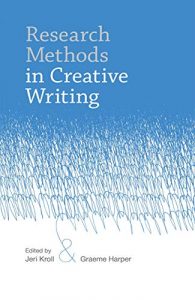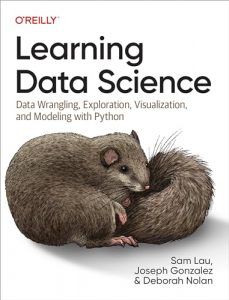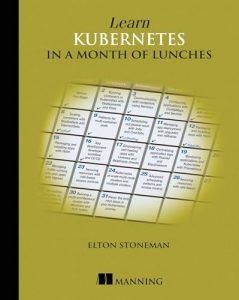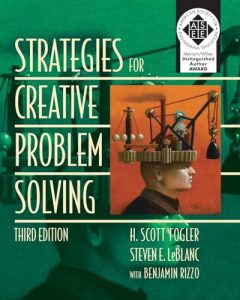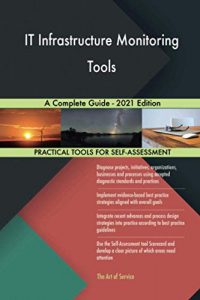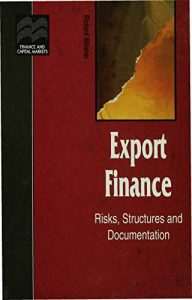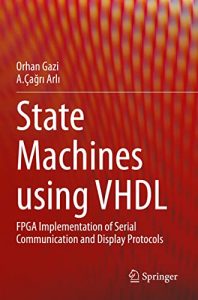Urban Farming: A Path to Sustainable Living
In an age where cities are expanding and green spaces are dwindling, urban farming initiatives have emerged as vital solutions to enhance sustainability, provide fresh produce, and foster community ties. Urban farming goes beyond mere gardening; it encompasses a lifestyle shift where individuals take charge of food production within their neighborhoods. This movement empowers city dwellers to cultivate their own food, reduce their carbon footprints, and reconnect with nature.
This blog post highlights some noteworthy books that delve into the world of urban agriculture, offering insights, practical tips, and inspiring stories of successful urban farming initiatives. Whether you are an aspiring urban farmer or simply interested in sustainable living practices, these books are must-haves for your collection.
Featured Urban Farming Books
Farm The City: A Toolkit for Setting Up a Successful Urban Farm
“Farm The City” is an indispensable guide for anyone looking to embark on the journey of urban farming. This toolkit is perfect for beginners and seasoned gardeners alike, providing clear instructions and innovative methods to transform even the smallest urban space into a productive garden. The authors tackle common challenges faced by urban gardeners and outline effective strategies for maximizing yield while minimizing space—making this book a treasure trove of practical advice. From soil health to crop selection and seasonal gardening tips, this book empowers readers to cultivate their food sustainably. Whether you want to grow vegetables for your family or contribute to your community’s food resources, “Farm The City” is the perfect starting point for your green adventure!
Farming the City: Urban Agriculture in Your Neighborhood
This book invites readers to explore the possibilities of urban agriculture directly in their neighborhoods. While addressing the importance of local food systems, the author highlights innovative projects from around the world, showcasing community-inspired initiatives that prioritize self-sufficiency and sustainability. With practical tips on how to begin your own urban farming journey, “Farming the City” emphasizes the importance of collaboration and community engagement in the pursuit of food justice. This book not only educates but also inspires readers to appreciate the beauty and potential of urban green spaces.
The Urban Farmer’s Handbook: Urban Farming for Small Spaces
Perfect for individuals with limited space, “The Urban Farmer’s Handbook” dives into the art of maximizing small areas for agricultural endeavors. The book covers techniques for rooftop gardening, vertical farming, and permaculture principles that allow readers to cultivate spaces without traditional limitations. Ideal for beginners, this handbook presents useful tips that make urban farming accessible and enjoyable, encouraging readers to think creatively about their environment.
Urban Agriculture and Community Values
This scholarly work examines the intersection of urban agriculture and community values, offering in-depth analyses of how green spaces contribute to social cohesion. The author poses important questions about the roles these practices play in creating sustainable cities. If you’re keen to learn about community dynamics—how urban gardens can act as catalysts for change—this book provides invaluable insights backed by robust research.
Conclusion
These enriching publications on urban farming not only equip readers with the necessary skills but also inspire a movement where we can all play a part in shaping sustainable cities. By embracing the philosophy of urban agriculture, we can dream of greener cities filled with nutritious food and strong community bonds.

